No matter what your old economics textbooks might suggest, human beings aren’t entirely rational. Emotions, hype, and assumptions drive all of us to a greater and lesser extent. What this means is that you’ll find very few people who have ‘perfectly’ optimized their spending.
Meanwhile, the majority of us will have at least one big purchase in our lives that we deeply regret wasting money on. Thanks, hindsight, you’re still 20/20! The members of the popular r/AskReddit community spilled the tea about the dumbest things that they’ve ever bought, and their regret is almost palpable. Scroll down to read their stories and for a relatable reminder that buyer’s remorse is a common visitor in many a household.
We reached out to personal finance expert Rick Orford, the author of 'The Financially Independent Millennial,' for his thoughts on emotional spending and compulsive buying. Read on for the insights he shared with Bored Panda!
#1
Cigarettes. I didn't mind at the time, but having been off them for a decade, it is such a stupid way to spend money in retrospect.
Image credits: SevenTheTerrible
"Emotional spending means buying something to make yourself feel better. It could be as simple as buying a favorite dessert to make yourself feel better after a long and difficult day. Unfortunately, for some, it can become a behavioral issue, leading to compulsive buying,” personal finance expert Orford told Bored Panda in an email.
He warned us of the fact that the benefit of emotional spending is usually short-lived. "Stuff purchased online or in a store quells our emotions—only temporarily. Once eaten, the dessert is gone forever."
#2
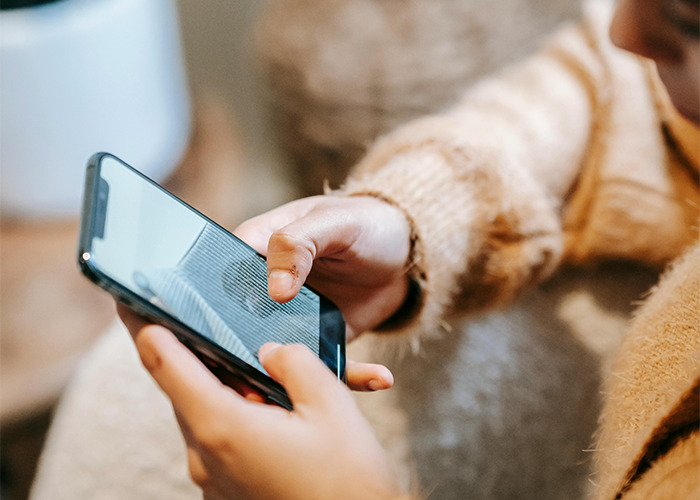
Image credits: xilata
#3
A pair of Christian Louboutin stilettos that I absolutely could not afford and paid for with my whole credit card limit. I wore them twice. They are INDESCRIBABLY uncomfortable, the soles are paper thin, and the red scrapes off pretty much immediately if you wear them outside. I was young and clearly very stupid.

Image credits: tummyache-champion
According to Orford, emotional spending can be characterized as an addiction to shopping. As with any addiction, it’s possible to try to replace it with a healthy (or, well, a less harmful) activity in order to curb the negative effects.
"In my own experience, the key to limiting emotional spending is to replace the addiction with something else—ideally less expensive. For example, when I quit smoking, I took up house cleaning, starting with my own home. After a few weeks, I had the cleanest apartment in my complex," the expert opened up to Bored Panda.
#4
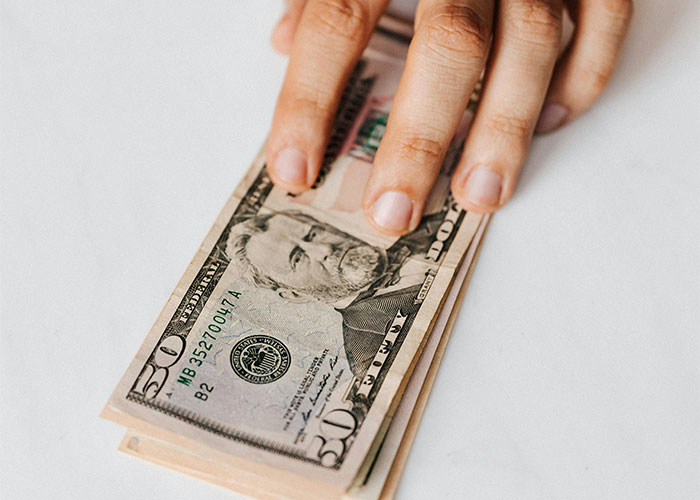
Image credits: JuiceGirl300
#5
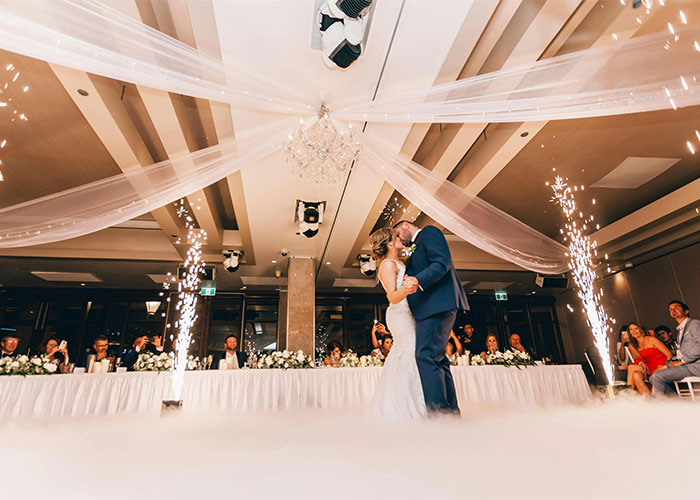
Image credits: verltodd
#6

Image credits: Sea-Air-3193
"While I'm not suggesting you clean your home specifically, there are other things one could do instead, such as volunteering, engaging in light to moderate physical activity (e.g., walking, hiking), or taking a free class. And if you're really craving to buy something, try looking for companies that send free samples of their items online," Orford suggested.
"Anything one can do to limit their spending will go a long way towards improving their own mental health, relationships with others, and hopefully their bank accounts."
Probably nobody is completely immune to making silly purchases or buyer’s remorse. That sort of thing can happen to anyone, whether they’re living from paycheck to paycheck or they have lots of savings and a history of fiscal responsibility.
Not all bad purchases are equally dumb, though. It’s one thing to buy a candy bar and instantly regret it because you’re supposed to be eating healthier and spending less on random snacks. It’s an entirely different ball game to go all-in on a hyped-up gadget, appliance, car, house, or major investment while riding a wave of intense emotions. The burst of impulsiveness behind both decisions can be similar, but the consequences are going to be vastly different for your wallet.
#7

Image credits: zippyboy
#8

Image credits: FulaniLovinCriminal
#9

Image credits: MegawackyMax
Broadly speaking, there are two types of buyer’s remorse. The first is immediate: you feel bad the moment you fork over your hard-earned cash. In short, you start double-guessing your choice because now that you’ve already parted with the money, the way you feel about the purchase might not be what you had expected.
The second kind of remorse comes much later when you’re reviewing and analyzing your life decisions. Hindsight is both an ally and an enemy. It can help us learn hard lessons about our behavior so that we can shore up our weaknesses and avoid making the same mistakes in the future. On the flip side, though, the guilt you feel might not always be warranted.
It’s very easy to look back on your life and judge yourself for being so rash/dumb/whatever. You assume that if you could redo everything, you’d make better decisions. The caveat is that you can only make those better decisions with the extra information you have now. Namely, about how you could have saved more, invested smarter, chased better employment opportunities, and been more frugal.
But back then, in the past, you were making the best decisions that you could with the information that you had. Not to mention that your choices largely depend on your character, personality, and values. Being more aggressive/frugal with money might have made sense at that particular period in your life.
#10
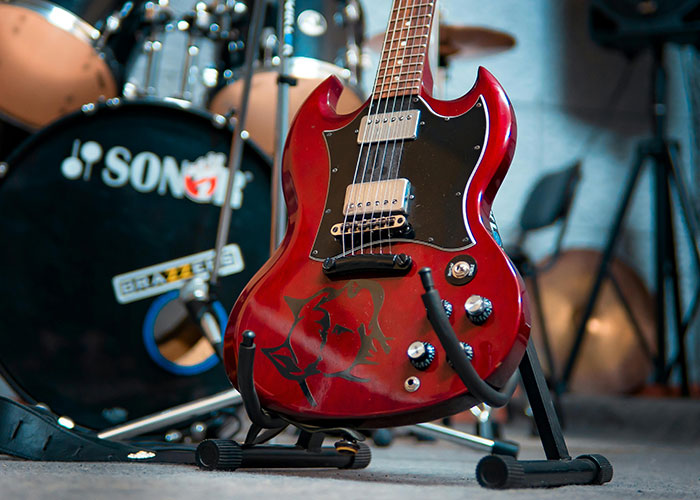
Image credits: PedalMonk
#11

Image credits: thatcompguyza
#12

Image credits: ActuallyTBH
Moreover, it’s not like you can predict what you’ll need money for in the future, how much you should allow yourself to splurge, and which purchases are smart and which ones should be avoided no matter what.
Yes, it’s a good idea to have an emergency fund to last you half a year or more. It’s smart to save or invest a large portion of your paycheck. It’s admirable to take the time to research products and think about their impact before buying something.
That said, there’s nothing horrid about having a budget for your ‘wants’ as well, not just to cover your ‘needs.’ It’s all right to have fun and enjoy life, whether that’s going to the cinema, traveling abroad, eating steaks with your friends, or buying art supplies. Life is meant to be lived! That, inevitably, means spending some of your cash on experiences and things that might not look rational on a spreadsheet.
#13

Image credits: Dolphin_Princess
#14

Image credits: Dee_Breeze
#15
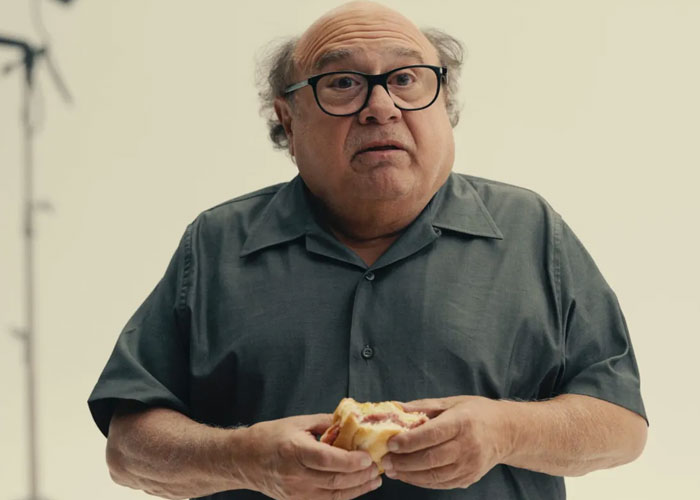
Image credits: skulloflugosi
Time or money spent with people you care about doing the things that you love isn’t wasted. However, this shouldn’t be used as an excuse for bad spending habits. If you know you’re an impulsive buyer and you deal with stress by shopping for things you don’t need or use or binge on fast food, alcohol, or nicotine, then you need to sit down and reevaluate some of your priorities. Speaking to a therapist can help reframe your relationship with money.
What is the dumbest purchase you’ve ever made that you regretted a ton, dear Pandas? How did you deal with buyer’s remorse? On the other hand, have there been any purchases that you were on the fence about buying that ended up being very useful or enjoyable? Feel free to share your thoughts in the comments!
#16

Image credits: Missus_Aitch_99
#17
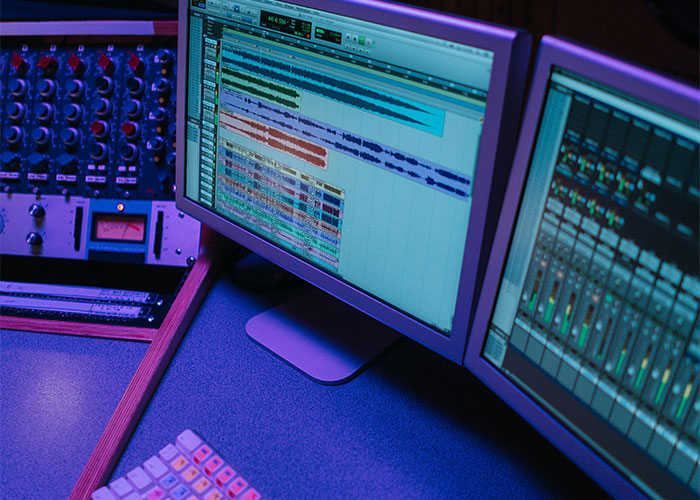
Image credits: Wishilikedhugs
#18
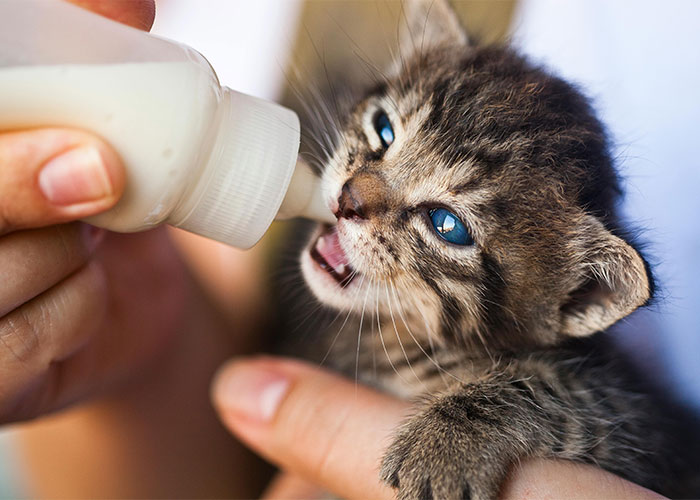
Image credits: sasa_shadowed
#19

Image credits: Commercial-Novel-786
#20
#21
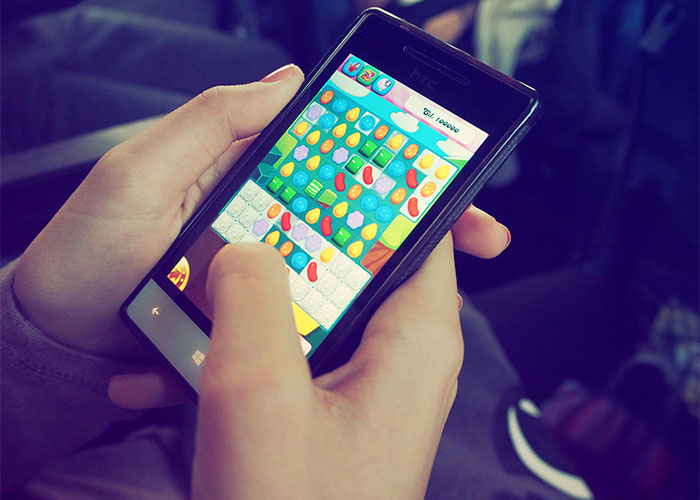
Image credits: scienceforbid
#22

Image credits: ZeldaTheOuchMouse
#23
#24
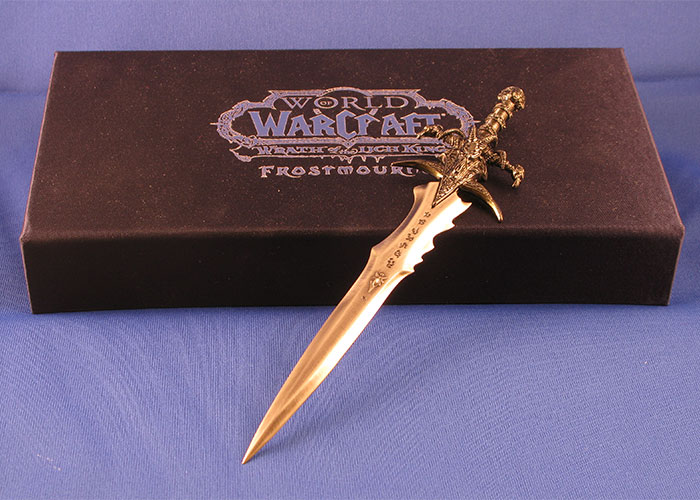
Image credits: Stormraughtz
#25
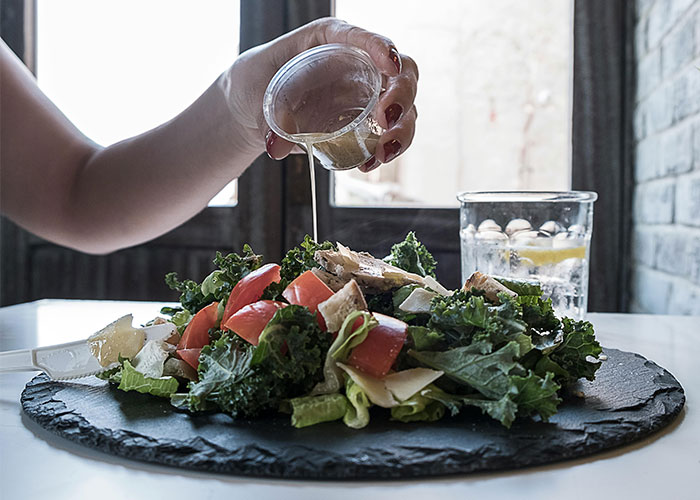
Image credits: Iriscze
#26
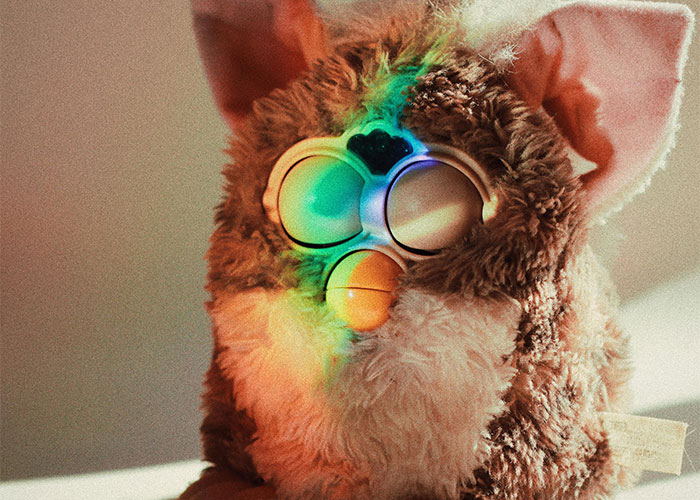
Image credits: MrsJaneEmma
#27
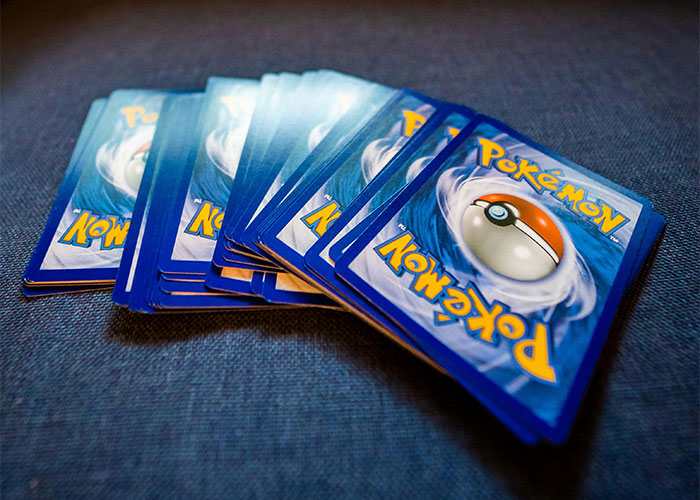
Image credits: Nocturnal_poop
#28
#29
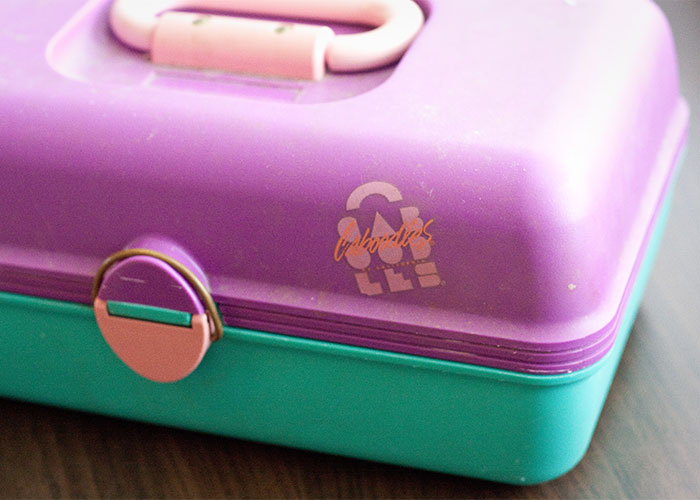
Image credits: AssumptionAdvanced58







